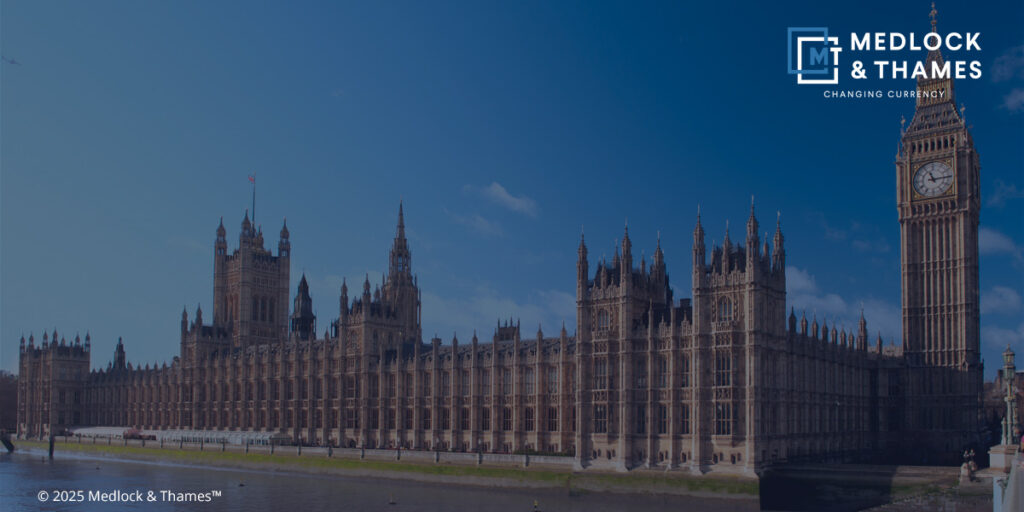UK Spending Review Sets Course for Long-Term Investment
Wednesday 11th June 2025 – 14:22 (BST)
Chancellor Rachel Reeves today unveiled an ambitious multi‑year £190 billion uplift in public spending aimed at rescuing Britain’s strained public services and fulfilling core Labour commitments. Key allocations included:
- Health: Annual real‑term increase of 3 per cent, including a £29 billion rise in NHS funding and a push for digital transformation
- Housing: A record £39 billion over 10 years, targeting 1.5 million new social and affordable homes
- Defence & Security: Budget to rise to 2.6% of GDP by 2027
- Schools: A 0.4% real‑terms increase and £4.5 billion more by 2029
- Transport & Infrastructure: £15 billion for rail, net zero projects, and regional development.
To fund the proposals, Reeves announced a reduction in foreign aid to 0.3% of GNI and a £2 billion efficiency drive across the civil service. She reaffirmed Labour’s commitment to fiscal discipline, ruling out new borrowing for day-to-day spending or major tax increases.
Markets responded cautiously to the announcement. While investors welcomed the absence of headline tax hikes and the adherence to fiscal rules, the sheer scale of planned spending, especially front-loaded capital investment, has added mild pressure to gilts and the pound.
Analysts suggest the GBP may remain range-bound in the near term, with upside limited until credible growth effects from infrastructure and housing plans begin to materialise. The Bank of England is also likely to factor in the inflationary implications of NHS and defence outlays when setting rates later this summer.
With the economy sluggish and productivity flat, Reeves is aiming to break the low-investment trap while avoiding the fiscal blowout label. Core priorities of NHS, housing and security have signalled a reset in Labour’s long-term economic approach, though critics warn that weak growth or external shocks could force future tax increases.

